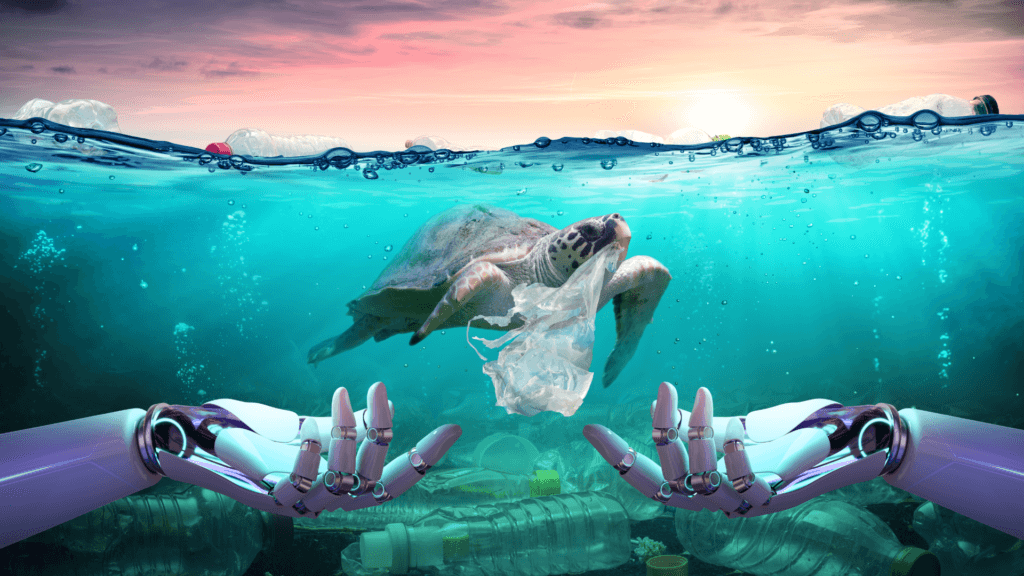Comments
- No comments found

Oceans are vital to our planet and play a crucial role in shaping our climate and supporting life.
Despite their importance, our oceans face numerous threats, including pollution, overfishing, and shipping accidents. However, advances in deep learning and artificial intelligence are making it possible to monitor and protect our oceans in new and innovative ways.
The use of deep learning in ocean protection is not only helping to mitigate the impact of pollution, but it is also providing valuable insights into the state of our oceans and helping to prevent future incidents. The technology is constantly evolving, and it is likely that we will see many more exciting developments in the future.
AI models can analyze ocean data to monitor water quality and identify areas where pollution is a concern.
Deep learning algorithms can be used to detect oil spills in the ocean, helping to quickly respond and minimize their impact.
AI models can be trained to detect and track plastic waste in the ocean, allowing for more efficient cleanup and reducing the impact of this environmental problem.
Deep learning can be used to predict when maintenance is needed on offshore platforms, reducing the risk of spills and other environmental incidents.
Deep learning algorithms have the potential to revolutionize the way we monitor and protect our oceans. Here are a few examples of how deep learning can be applied in this field:
Ship Detection and Monitoring: Deep learning algorithms can be used to detect and track shipping vessels, helping to prevent collisions and reduce the risk of oil spills and other accidents.
Predicting Natural Disasters: AI models can analyze ocean data and make predictions about natural disasters such as typhoons, tsunamis, and hurricanes, allowing for better preparation and response.
Coral Reef Monitoring: Deep learning algorithms can be used to monitor and analyze the health of coral reefs, helping to protect these important ecosystems from the impacts of climate change and overfishing.
Plastic Waste Detection: AI models can be trained to detect and track plastic waste in the ocean, allowing for more efficient cleanup and reducing the impact of this environmental problem.
By utilizing deep learning algorithms, we can gain a more comprehensive understanding of the state of our oceans, allowing us to better respond to threats and protect these vital ecosystems for future generations.
In conclusion, deep learning and artificial intelligence offer tremendous potential for protecting and preserving our oceans. By leveraging these technologies, we can better monitor and understand the state of our oceans, respond to threats, and ensure the long-term health and sustainability of these vital ecosystems. As these technologies continue to evolve, it's exciting to think about what other innovations we will see in ocean protection in the years to come.
Leave your comments
Post comment as a guest